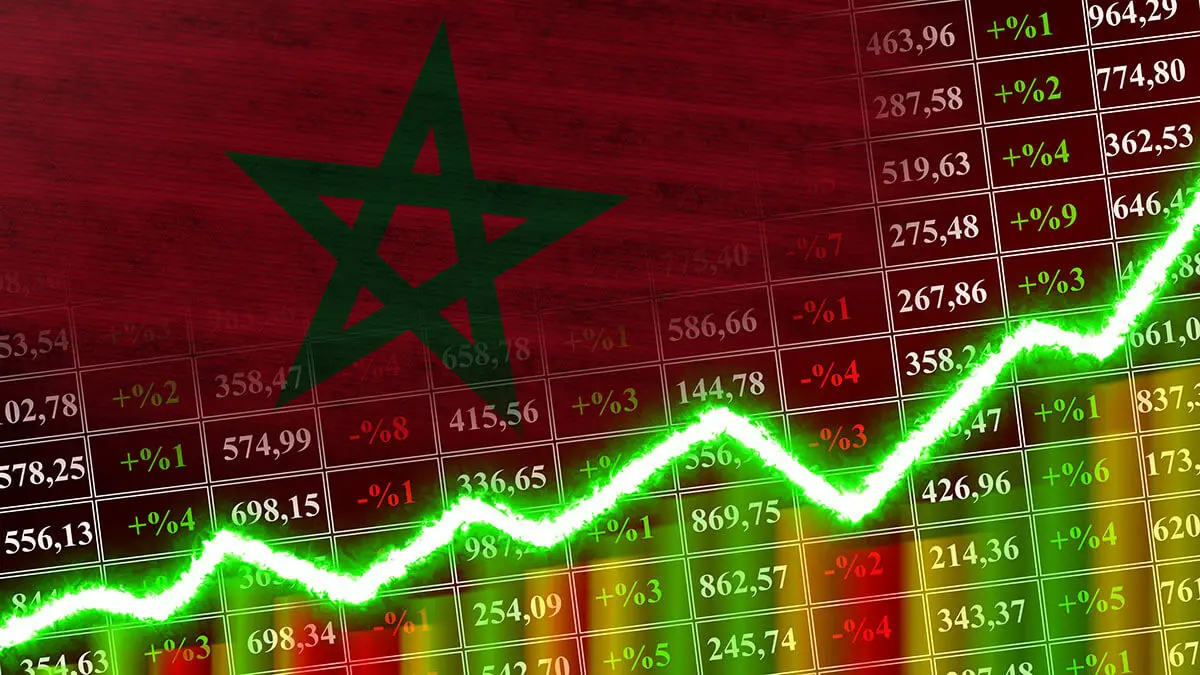A Stronger Africa Speaks: Central Africa’s Support for Moroccan Sovereignty Reflects a Continental Awakening

Speaking on behalf of the Economic and Monetary Community of Central Africa (CEMAC), the President of its Parliament, Évariste Ngamana, reiterated the unwavering support of member states for Morocco’s sovereignty over the Sahara. This is not just a gesture of diplomatic courtesy; it is a strategic affirmation of a new African consensus.
The nations of Central Africa—Cameroon, the Central African Republic, the Republic of the Congo, Gabon, Equatorial Guinea, and Chad—have made it unmistakably clear: the question of the Moroccan Sahara is no longer a subject of ambiguity. It is a question of legitimacy, stability, and a shared vision for the continent’s future. In aligning with Morocco, these nations are asserting something larger—a rejection of externally imposed narratives and a commitment to African solutions for African challenges.
This renewed support is more than a position on a territorial dispute. It is a collective endorsement of a bold continental vision spearheaded by His Majesty King Mohammed VI—one rooted in cooperation, infrastructure-driven development, and pan-African solidarity. The initiatives lauded by Mr. Ngamana—including the transformative Dakhla Atlantic Port and the transcontinental Nigeria-Morocco Gas Pipeline—are not symbolic. They are reshaping Africa’s economic and geostrategic landscape in real time.
These are not abstract ambitions. They are bricks in a new architecture of African unity. The Morocco-led projects reflect a proactive diplomacy where trade routes, energy corridors, and joint ventures serve as vehicles for peace and prosperity. This is development diplomacy at its most strategic—grounded in action and guided by a vision that places African agency at its center.
It is within this forward-looking context that the upcoming Morocco-CEMAC Parliamentary Forum, scheduled to take place this Friday under the High Patronage of King Mohammed VI, takes on critical importance. Far from a ceremonial gathering, the forum represents an institutional platform for open dialogue and concrete economic collaboration. Co-organized by the Moroccan House of Councillors and the CEMAC Parliament, in partnership with Morocco’s leading private sector organization (CGEM), the forum aims to facilitate trade, investment, and knowledge exchange across Central and North Africa.
The memorandum of understanding signed earlier this year between the Moroccan Parliament and the CEMAC Parliament is equally meaningful. It establishes a foundation for enduring parliamentary diplomacy, one that translates shared values and mutual respect into lasting institutional cooperation.
What Morocco welcomes today is not merely a delegation of foreign parliamentarians—it is the arrival of like-minded African leaders who share a continental ambition. This is a departure from outdated paradigms of fragmentation and dependency, and a decisive move toward a self-determined, united, and forward-facing Africa.
In a world increasingly marked by volatility and realignment, Africa cannot afford to be reactive. It must assert its own strategic compass. The unified support of the CEMAC bloc for Morocco’s territorial integrity is a milestone in this larger continental assertion of sovereignty—not just territorial, but intellectual, economic, and diplomatic.
It is this convergence—between Morocco’s long-term vision and Central Africa’s commitment to a shared future—that signals something profound: the dawn of a new African paradigm. And this time, the story is not being written for Africa—it is being authored by Africans themselves.
Said Temsamani , political analyst

